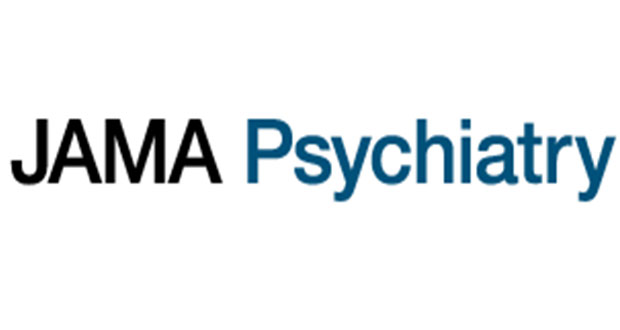
“Left ventricular dysfunction triggers the activation of the sympathetic nervous system, providing inotropic support to the failing heart and concomitantly increasing the risk of atrial fibrillation (AF). The cardiovascular effects of cannabis have been characterized as biphasic on the autonomic nervous system with an increased sympathetic effect at low doses and an inhibitory sympathetic activity at higher doses. It is unknown if the autonomic effect of cannabis impacts the occurrence of AF in patients with heart failure (HF).
We used data from the Healthcare Cost and Utilization Project-National Inpatient Sample for patients admitted with a diagnosis of HF in 2014. The outcome variable was the diagnosis of AF, with the main exposure being cannabis use. We identified a cannabis user group and a 1:1 propensity-matched non-cannabis user group, each having 3,548 patients. We then estimated the odds of AF diagnosis in cannabis users. An estimated 3,950,392 patients were admitted with a diagnosis of HF in the United States in 2014. Among these, there were 17,755 (0.45%) cannabis users. In the matched cohort, cannabis users were less likely to have AF (19.08% vs 21.39%; AOR 0.87 [0.77 to 0.98]).
In conclusion, cannabis users have lower odds of AF when compared with nonusers, which was not explained by co-morbid conditions, age, insurance type, and socioeconomic status.”









